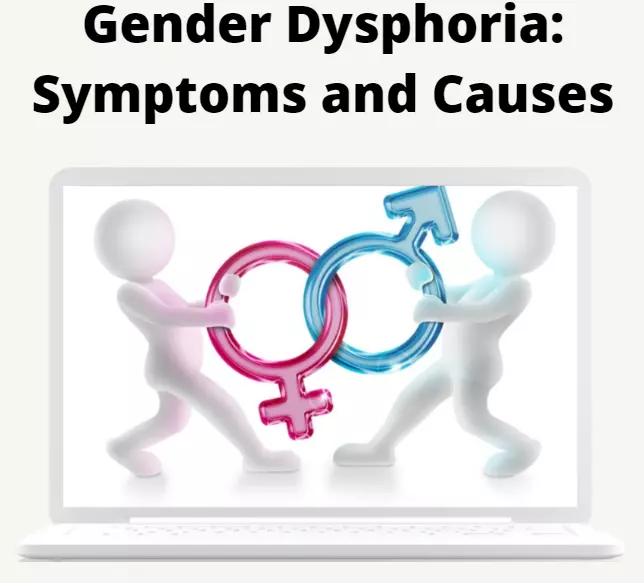
Blood sugar, also called glucose, is the primary glucose found in our blood. It comes from the foods we eat and is our body’s primary energy source. Blood glucose levels keep fluctuating throughout the day. Depending on our activities and what we have eaten recently.
There are several types of diabetes. But all involve having too much glucose in our blood. When we have diabetes, our bodies can’t make or properly use insulin.
It is a hormone that helps move sugar from our bloodstream into our cells. For energy when it comes to insulin. Due to the body’s incapability to produce insulin, too much glucose builds up in our blood. And over time this can damage organs such as the heart, kidneys, and nerves.
If you have high blood sugar. There are many things you can do to lower it. These include changing your diet, getting regular exercise, and managing stress. In some cases, you may require medication.
Causes of Blood Sugar
The causes of high blood sugar can be inherited but are usually caused by a combination of lifestyle and environmental factors.
There are a few factors contributing to high blood glucose levels.
- In some cases, it happens due to an underlying medical condition such as diabetes or prediabetes.
- It may also be due to lifestyle choices such as diet and lack of exercise.
- In some cases, it may be due to both lifestyle and medical factors.
Here are ten effective ways to lower blood sugar naturally:
Making even small changes in your lifestyle can go a long way toward improving your blood sugar control. By following these tips. You can help keep your blood glucose levels healthy and reduce your risk of getting diabetes and other severe health conditions.
– Eat plenty of soluble fiber:
Soluble fiber can help regulate blood sugar levels by delaying stomach emptying and slowing down the absorption of glucose into the bloodstream. Some good sources of soluble fiber are beans, oats, barley, beans, lentils, apples, and citrus fruits.
– Avoid simple carbohydrates:
Simple carbs quickly turn into glucose after breaking down. Which can cause spikes in blood sugar levels—limiting your intakes of refined carbohydrates, like bread, white rice, and pastries. Instead, opt for complex carbs, such as whole grains, legumes, and vegetables.
– Eat healthy fats:
Healthy fats help slow down the absorption of sugar into the bloodstream and improve insulin sensitivity. Some reliable sources of healthy fats include olive oil, avocados, nuts, and seeds.
– Get regular exercise:
Getting regular exercise is another vital step in managing blood sugar. Exercise helps lower blood glucose by increasing insulin sensitivity and improving glucose tolerance. Even moderate exercise can affect blood sugar levels. And the benefits of exercise go beyond blood glucose control. Exercise also helps to improve heart health, reduce stress, and boost energy levels.
– Drink water:
Staying well-hydrated is essential for blood glucose control. Drinking water helps flush out excess glucose from the body. And helps prevent dehydration, making blood sugar levels rise.
– Avoid sugary drinks:
Sugary drinks, including soda and fruit juice, are a significant source of empty calories and can cause spikes in blood glucose levels. Choose unsweetened beverages instead.
– Limit alcohol intake:
Alcohol can impact glucose levels and cause spikes in blood glucose levels. If you choose to drink, do so in moderation.
– Lose weight if necessary:
Overweight or obese people are at the risk of developing diabetes and other disorders that can lead to high blood sugar levels. If you’re carrying extra weight, losing even a few pounds can help improve your blood sugar control.
– Manage stress:
On the other hand managing stress is another crucial part of keeping blood sugar levels in check. Stress can trigger the release of hormones that can raise blood sugar levels. Learning to manage stress can help keep your blood glucose levels in check. You can try some different stress-management techniques, such as meditation, yoga, and deep breathing exercises.
Conclusion
In some cases, lifestyle changes alone may not lower your blood glucose levels. If your blood glucose remains high despite changing your diet and lifestyle. Also You may need to take medication. There are a variety of drugs that can be used to lower blood glucose. which including insulin, metformin, sulfonylureas, and thiazolidinedione’s. Always consult a doctor for a proper prescription before taking any medication.



